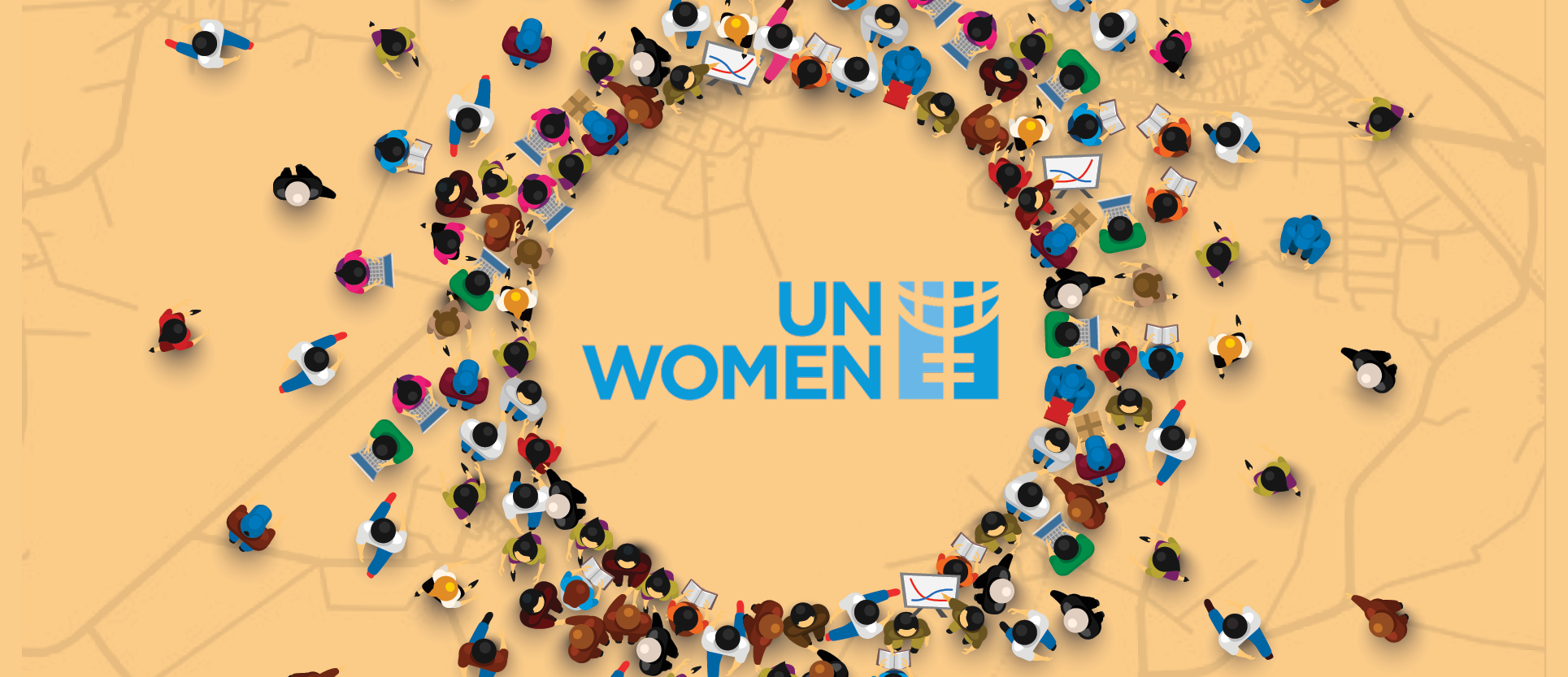Gender equality will never be achieved without the support of cities and local governments. With only 34 percent of elected seats in local government held by women, we know that there is much to be done for women to be able to participate in decision making on policies that will affect their lives.[1] That is why UN Women is inspired by the Feminist Municipal Movement and the work that it is doing to support the development, funding and implementation of feminist policies to fast-track progress on gender equality. We know that it is only by working together that we can deliver irreversible and tangible results in support of women and girls in all their diversity.
Participants in the UCLG Congress have a huge opportunity to support the Generation Equality Forum (GEF), initiated in 2021 by a global multi-stakeholder partnership, to eliminate gender inequality, and meet the priorities and targets established in the Global Acceleration Plan (GAP) for Gender Equality.[2] UCLG is already a strong leader in the Action Coalition on Feminist Movements and Leadership; and local and regional governments in Nigeria, Spain and Turkey, amongst others, have made commitments to advance the GAP. The more local and regional governments make and implement strong commitments, the sooner we will be able to transform women and girls’ daily lives. GEF offers the platform for national, local and regional governments, feminist and youth movements, the private section and foundations and international organizations, including the UN system, to work in solidarity to achieve common goals by 2025.
The UCLG Pact for the Future, with its feminist emphasis on Care, also has the potential to contribute to GEF. UN Women looks forward to working together and helping the Pact and GEF to bring feminism’s transformative power across localities and regions.
[1] This data is collected for SDG 5.5.1b reporting. As of January 2022, 136 countries and areas provided data on women’s representation in elected local deliberative bodies. These data show a wide variation from one country to another, from 1 to 67%, with only 16% of countries (22 countries) reaching gender balance (40% or more). On the opposite end, in 9% of countries (12 countries) women’s representation is less than 10%. Half of the countries have less than 28% of women represented in local government

